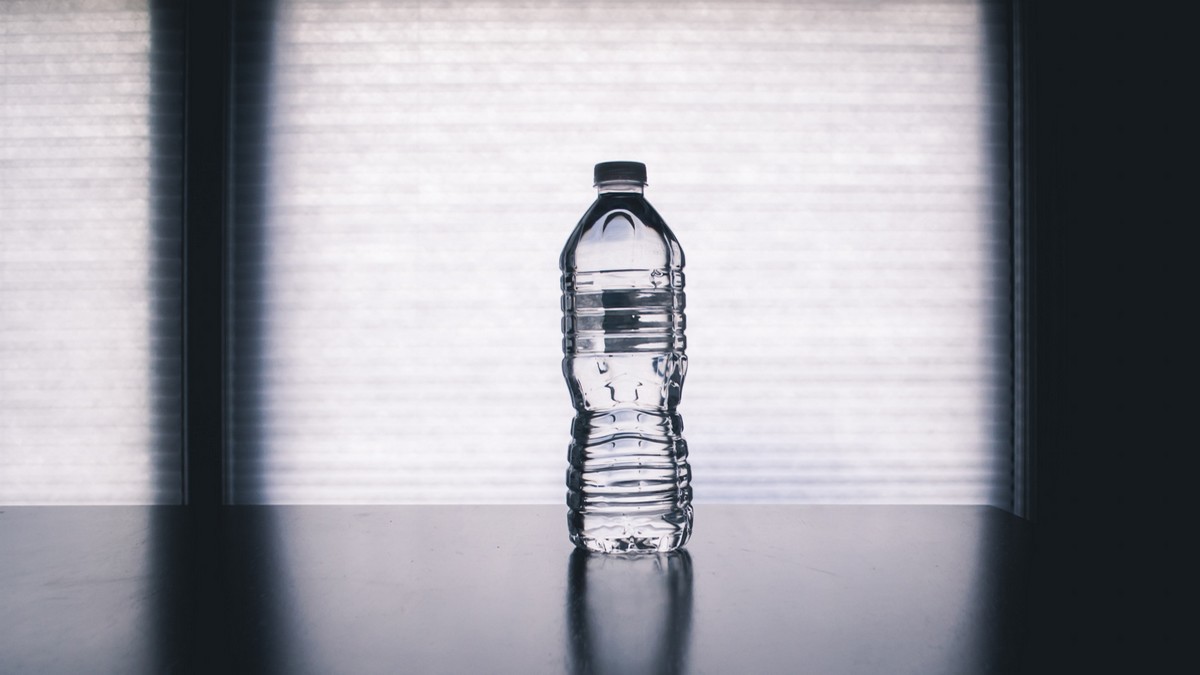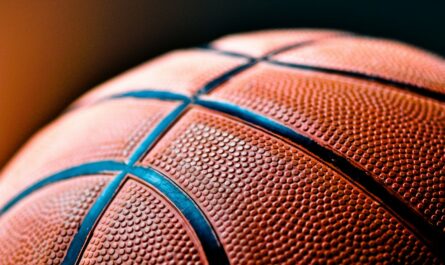Drinking is something that should not be underestimated. A person can only last a few days without water as opposed to food. Water is an important part of the human body, so you need to follow the tried and tested rules when consuming it. And this applies not only in everyday life, but also in sporting activities, such as adrenaline sports.
- Regular intake throughout the day is important
- Distinguish the type of beverage consumed
- Adapt drinking to the activities
Of course, you cannot look at drinking as a general thing with fixed guidelines and definitions. Everyone has slightly different needs and engages in different activities. Nevertheless, certain principles can be drawn upon.
Drinking regime in numbers
It is always important to find the ideal balance between fluid intake and output. The body itself will tell you that. For example, if you have darker urine, you are not drinking enough. On the other hand, do not overdo it with a single intake of water. And what about the total amount you take in?
| Subject | Information |
| Water in the body | 60 % to 70 % weight |
| Daily average | 2 to 3 litres |
| During sports activity | Minimum 3 litres per day |
| Sport in the sun | Up to 5 litres of fluid |
Of course, take fluids throughout the day. Regularity is in order here. The best source of fluids is of course clean water and her ilk. Definitely do not overdo it with consuming too many sugary drinks, which are counterproductive in the context of sports and weight loss.
How to drink during the sport itself?
Of course, fluid intake during sports activity is a chapter in itself. During sports and other activities, an ionic drink is definitely a good idea, as part of which you also supply your body with enough essential minerals. This is doubly true for physical and strenuous activities. If you choose to get your energy from caffeine, keep in mind that coffee is dehydrating. Drinking it increase the intake of the same amount of fluids up to three times. One cup of coffee equals three cups of water.
In terms of fluid intake, you can also follow general guidelines and rules. This points to a daily intake of 35 millilitres per kilogram of a person's weight. It is also important to drink when you are not thirsty.



